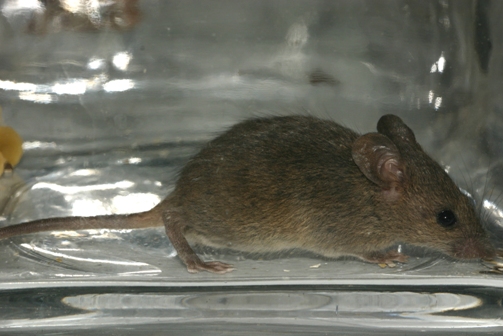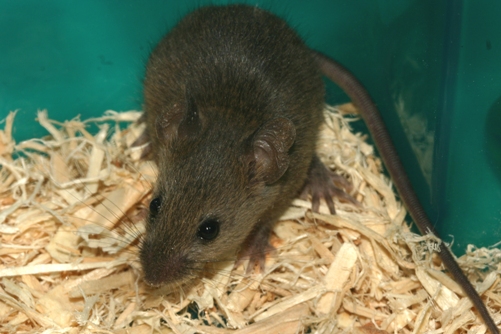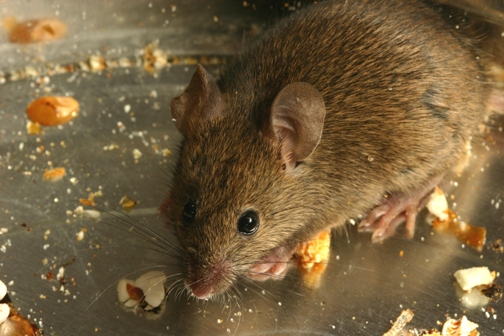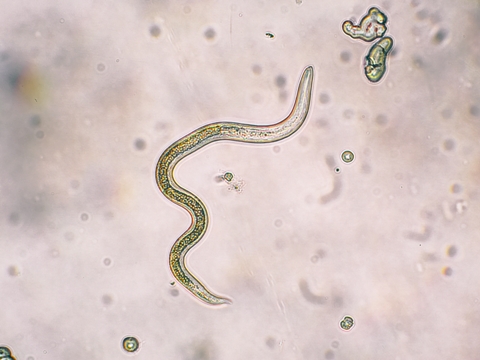Mice are small rodents with round, furry bodies and pointy noses. They have long, hairless tails and large ears. Mice are divided into two subfamilies known as New World or Old World species. The most common varieties include the house mouse, deer mouse, field mouse, western harvest mouse, spiny mouse, wood mouse and the zebra mouse. Although they are members of the rodent family, both their size and characteristics are different from rats.
Interesting Facts About Mice
Studies show that humans and mice are similar in the way their minds and bodies perform, which is why mice are often used in labs to test products used by people. Many new medicines are first tested on mice. Other fascinating mouse facts include:
- They can tolerate multiple scorpion bites
- They detect changes on the ground or in the weather and temperatures through their whiskers’ unique sense
- The mouse can communicate with other mice through various regular and ultrasonic sounds
- They are excellent jumpers, climbers, and swimmers
- The heart of a mouse has 632 beats per minute
- They are found in almost every country and terrain, grasslands, forests and many other areas; in the wild, they live in burrows
- Their most common predators are birds, foxes, cats, and wild dogs
- Mice are nocturnal, which is why they often disturb your home and forage for food while you are sleeping
- Domestic mice (pets) are tame and friendly
- Mice are territorial
- Mice do not prefer to eat cheese; as omnivorous creatures, their diet can consist of seeds, fruits, grains, plants, their own feces, and sometimes meat (or other mice)
- Mice remain on all fours unless fighting with one another; they often use their tails for balance, both horizontally and vertically
- Mice develop packs consisting of several females, their young, and one alpha male
Mouse Behavior
When the weather changes, mice begin looking for indoor shelter, invading your home or office for safety and warmth. They are constantly on the move as they seek food, mostly between dusk and dawn. These little rodents will make shelters in your space through man-made burrows, shelters, trees, lumber and piles of debris. They can often be heard gnawing on something in your home with their constantly growing incisors. As with other animals, mice mark their space with urine.
Deer mice seem to burrow into building foundations, chewing all types of underground material like wood, plastic, lead and copper. The house mouse prefers places like attics and builds nests. They like to destroy ornamental plants and garden crops.
When mice invade your personal space, they can spread disease, putting you and your family at risk. Mouse control and prevention is crucial for the health of those you love.
Common Diseases Carried by Mice
As mice scurry into your dwelling space, they contaminate most everything in their path. Some of the diseases are harmful to the humans and pets within the home. Diseases and contamination typical of mice are:
- Parasitic Diseases
- Bacterial and Mycoplasmal Diseases
- Ectoparasites
- Hookworm
- Protozoa
- Worm Infections
- Viral Diseases
- Roundworm
- Fungal Diseases
- Flukes
- Flatworms
- Parasitic worms
- Various parasites (ticks, midges, mites, fleas, scabies, etc.)
Mouse Control
Having unwanted pests within your home or office is a destructive invasion of your privacy and a health hazard. You may notice the presence of mice by seeing them, hearing them, or finding a trail of feces. Contact Liddle Rascals with all your critter problems, and we will be happy to help you get your personal space back and mouse-free.
Expert Mice and Rat Removal in the Greater Toronto Area
We are available 24 hours a day, seven days a week.
Call us at (416) 356-5886 or contact us online.









Leave a Reply
You must be logged in to post a comment.